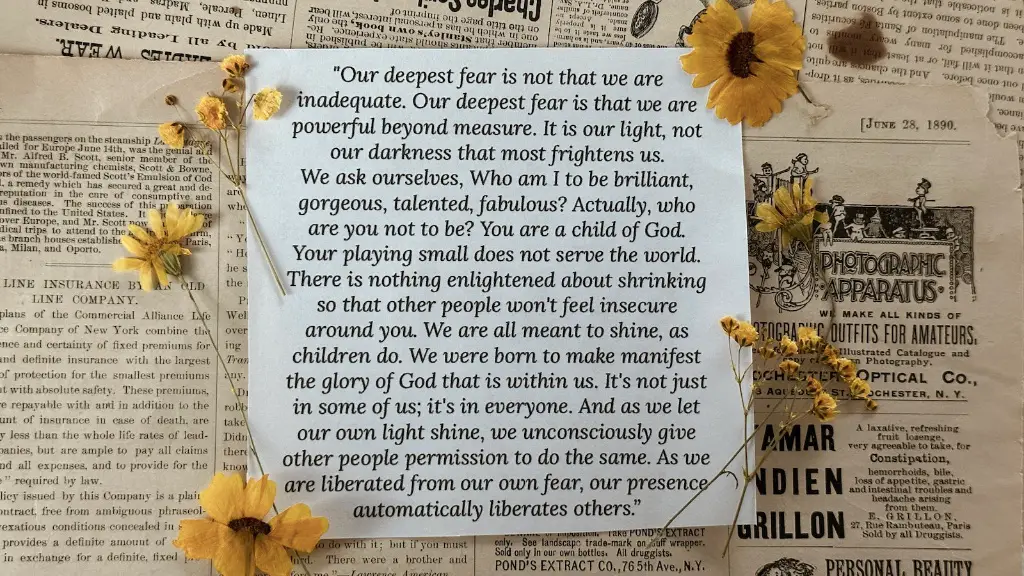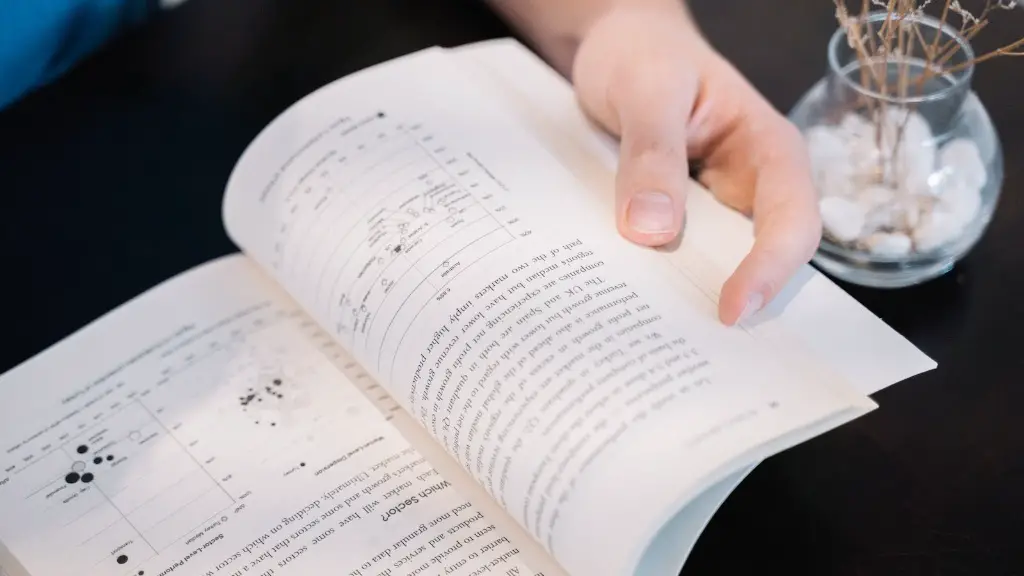Start a Poetry Journal the Right Way
Starting a poetry journal is a great way to capture your creative musings and gain inspiration through writing. Whether you are a beginner or a skilled poet, keeping a journal of your writing can provide emotional release, help you find your voice, and track progress as you grow. This guide covers the basics of how to begin.
Gather Your Supplies
Securing the right supplies is essential to creating an environment conducive to creative expression and organizing your thoughts. Select a journal with ample pages for jotting down your ideas. Consider an unlined notebook for artists, a composition book for school notes, or a spiral diary for sentimental notes. Depending on your preferences, choose a wide selection of colored pens, markers, pencils, and even crayons to amplify the creative process.
Set Aside Time Each Day
It is important to prioritize and set aside time each day to write your thoughts and musings. Studies suggest that morning routine is best for creative writing to help maintain clarity and focus on your creative ideas. If this is not an option for you, think through your available day for an ideal moment. Block out 30 minutes each day for quiet reflection.
Write Intentionally
When you begin writing your musings, aim to describe yourself in a constructive manner and capture vivid images with descriptive language. Create a ritual to honor your creativity by reading the words of poets, playing soft music, and lighting a candle. Seek to capture your truth and challenge yourself to write about not only what you observe but what you feel.
Find Inspiration
Draw inspiration from your journal’s entries, reading texts and online resources, and attending writing workshops. Visit nearby museums and engage your creative side. Eventually, it is likely your ideas will begin to take shape and reach a form of rhyme or meter.
Approach the Editing Process
Writing poetry still requires thought and reflection even after the words are on paper. Poets constantly rework their lines to communicate the most effective images and ideas to the reader. Refuse editing condemnation. As you edit, approach your poetry with a patient mind and be sure to recognize your successes.
Study the Classics
As you prepare to write a poem, take time to study the works of the greats. Read the works of poets such as Pablo Neruda, Maya Angelou, and W.B. Yeats to gain insights into their devices and techniques. Be inspired by the masters and strive to create something outstanding for yourself.
As your writing begins to take shape, the most rewarding part of your journey is sharing your work and receiving feedback. Seek out open mics, local readings, and writing workshops. Don’t forget to build an online presence and share your musings with a wider social audience.
Organize Your Thoughts
Musings are frequently unfinished pieces of writing. Organization is key to capturing your thoughts and ideas as they take form. Use the power of a journal to direct your musings on smooth paths to articulate ideas and emotions. Begin each entry with a brief explanation and apply structure to your writing. Documents are also an excellent tool for forming prayers, poems, and other writing pieces.
Exercise Your Versatility
Writing in a poetry journal doesn’t mean sticking to one poetic style or technique; explore your versatility and experiment with different elements. Writers often create parts of a poem within their journals, then uncover the piece by crafting the shape and connecting the different elements. Write on the same topic multiple times in various styles or topics to uncover a new lyrical style.
Practice Reflection
Poetically inclined writing is not exclusive to creative musings. Utilize your journal to reflect on readings and course material, as well as current events and life situations to broaden your writing outlook. Consider reflecting on art and literature to further understand the authors’ perspectives. Incorporating context and meaning helps to cultivate your thoughts, bringing greater understanding to the deeper meanings in your poetry.
Retain Memories Through Writing
Writing down memories helps to embed stories, moments, and musings into our minds more effectively. Notations can help you to reflect on the past and further develop your present musings. Consider keeping a section in your journal dedicated to memories, whether it is a memorable moment or turn of phrase. This exercise can be immensely productive in finding inspiration and developing poems.
Reread and Revise
Poetic musings can often appear foreign upon first read. Practicing the art of poetry helps to inform your entries and make sense of your musings. Step away from the journal and reread sections to identify new nuances and inflections within the pieces. Doing this is an excellent exercise to bring clarity to your work and provide insight into the meanings interwoven in your words.
Create Experiences
Creativity is a powerful tool developed over time through experience. Musings allow us to capture unforgettable moments and articulate sights, smells, and emotions through writing. Whether you are mountain biking, taking a road trip, or simply engaging in daily activities, always be mindful of what you are feeling and the way your emotions can be forms for new pieces of writing.
Connect with Your Emotions
Ultimately, an effective poetry journal is a place to connect with your own emotions. Write with the intention to make sense of your thoughts and why they exist. Consider the emotions that spark your writing and push yourself to describe those feelings on the page in an honest, transparent manner. Capture the moments that come alive within you.



